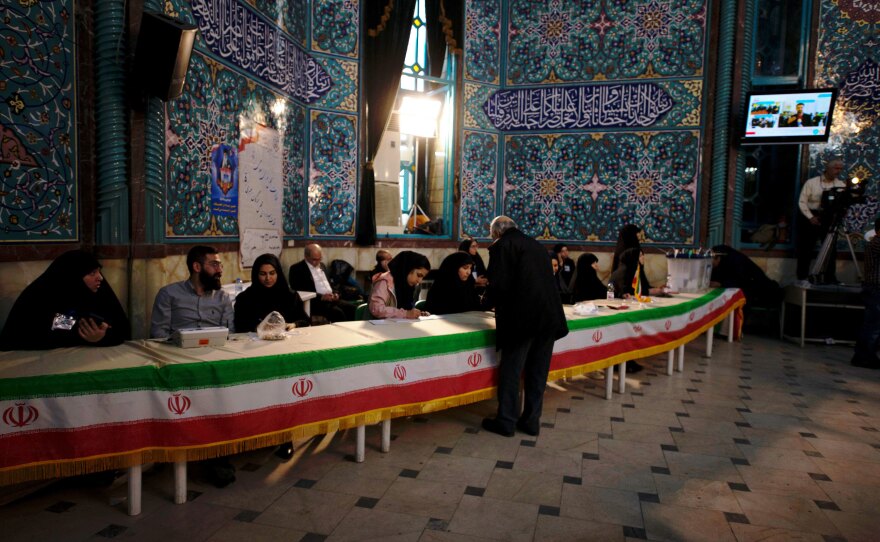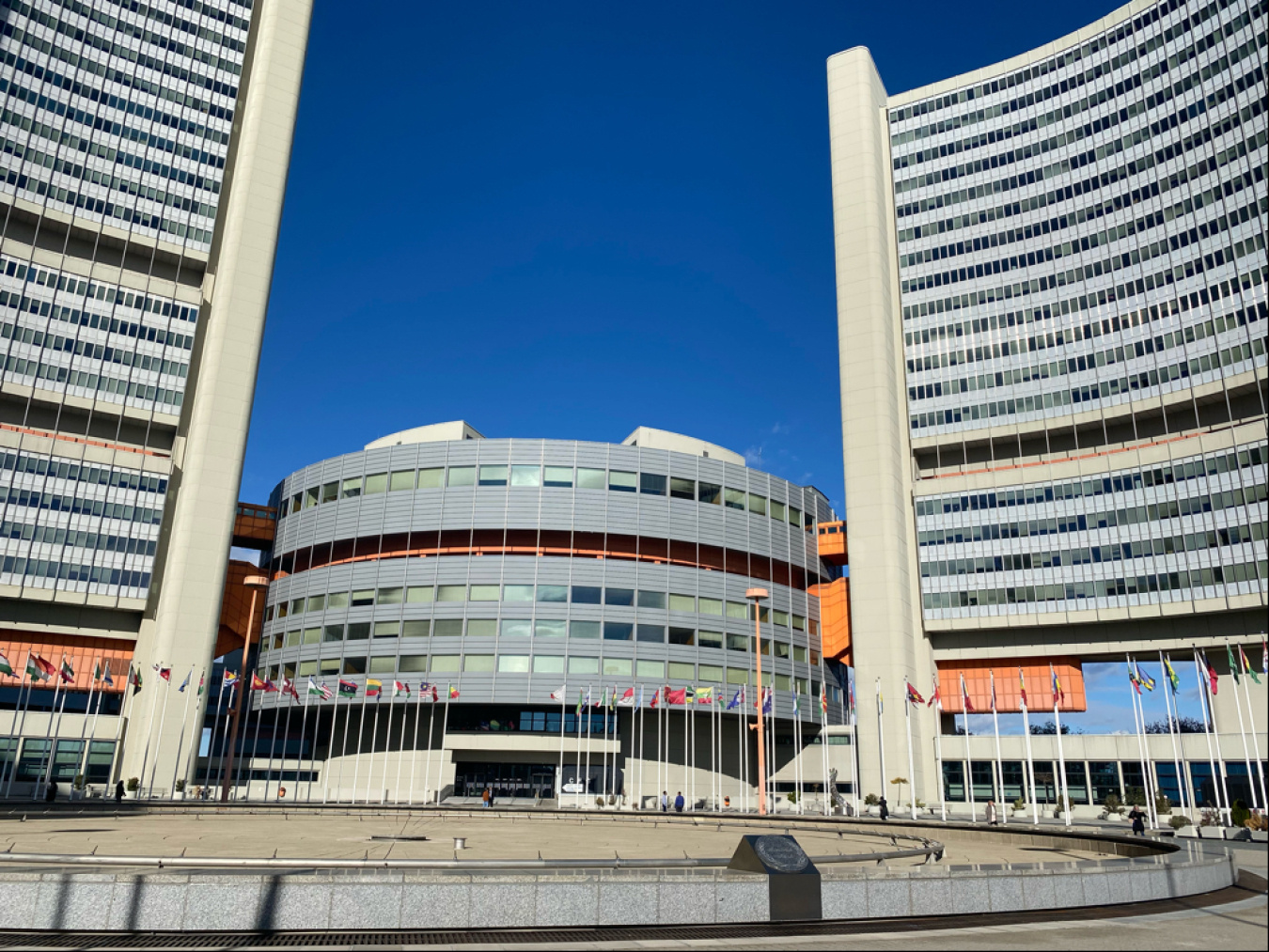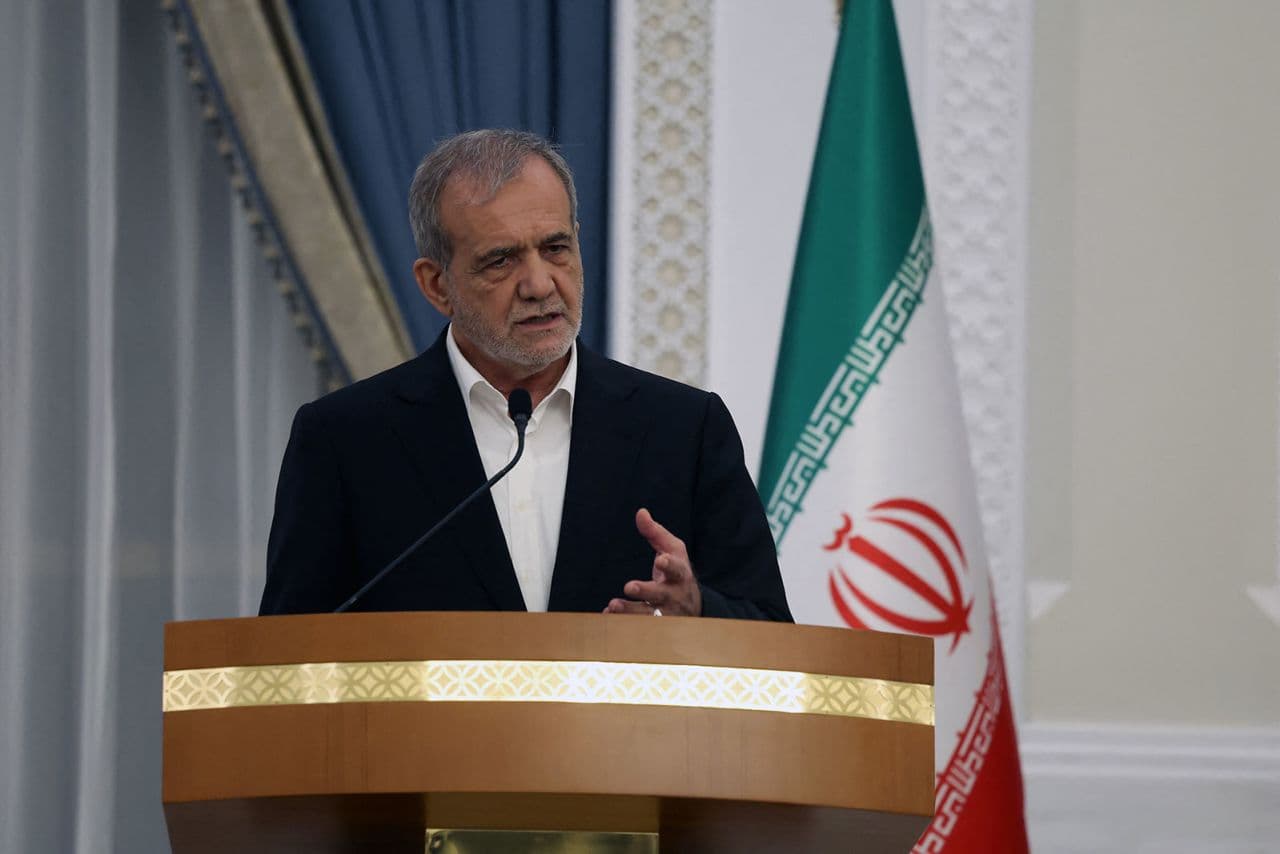In a shocking escalation of tensions, Iran has announced a complete suspension of its cooperation with the International Atomic Energy Agency (IAEA) following airstrikes on its nuclear facilities by the United States. President Masoud Pezeshkian has reportedly ordered this drastic measure, which was affirmed by Iran"s parliament, signaling a troubling shift in the geopolitical landscape of the Middle East.
Escalating Tensions Following US Aggression
The decision comes on the heels of a provocative military action by the U.S., which has heightened fears of conflict in an already volatile region. The legislation passed by the Iranian parliament to suspend cooperation with the IAEA was swiftly approved by a constitutional watchdog, underscoring the seriousness with which Tehran is approaching this situation. As reported by Reuters, the implications of this law could lead to Iran enriching uranium at levels not seen since the fallout from the 2018 withdrawal of the U.S. from the nuclear deal.
Historical Context of Nuclear Negotiations
Iran"s nuclear program has been a point of contention for decades, dating back to its ratification of the nuclear Nonproliferation Treaty (NPT) in 1970. Under the 2015 nuclear deal, Iran was permitted to enrich uranium to 3.67%, aimed at ensuring the program was for peaceful purposes. However, the unilateral exit of the United States from this agreement under President Trump has led to a dramatic increase in enrichment levels, now reportedly up to 60%. This short technical step to weapons-grade capability raises alarms internationally, particularly among Western powers who have long viewed Iran"s nuclear ambitions with suspicion.

Iranians Vote In Parliamentary Election, After 1 Week Of ...
Implications for Global Security
The suspension of IAEA oversight poses significant risks not just for regional stability but for global security as well. Without the checks and balances provided by international monitoring, there is a real potential for Iran to accelerate its nuclear program beyond peaceful applications. According to an analysis from the Congressional Research Service, Iran has enough enriched uranium to theoretically produce several nuclear weapons if it chooses to pursue that path. This situation underscores the urgent need for diplomatic engagement and de-escalation rather than military provocation.
The Role of the IAEA in Monitoring
The IAEA has played a crucial role in monitoring Iran"s nuclear activities since the early 2000s, attempting to verify compliance with international obligations. However, the effectiveness of the IAEA hinges on the cooperation of member states, which now seems jeopardized by Iran"s recent legislative move. As reported by AP News, the agency has yet to respond to Iran"s decision, but the lack of access to its facilities could significantly hinder its ability to ensure that nuclear materials are not diverted for military use.

LM Attends IAEA Conference in Vienna | Department of Energy
Consequences for Iranian Civil Rights
Beyond the immediate geopolitical implications, this decision could have dire consequences for civil rights within Iran. Historically, increased tensions and economic sanctions have led to crackdowns on dissent and civil liberties in the country. The Iranian government may exploit this situation to suppress internal opposition under the guise of national security, further endangering the rights of citizens who are already facing systemic restrictions. The international community must remain vigilant and advocate for the protection of civil rights in Iran, even as it navigates these complex geopolitical waters.


![[Video] Heavy clashes and gunfire reported in Baghdad, Iraq](/_next/image?url=%2Fapi%2Fimage%2Fthumbnails%2Fthumbnail-1768342239932-848qsh-thumbnail.jpg&w=3840&q=75)




![[Video] Gunfire between Iraqi security forces and Sadr militias in Baghdad](/_next/image?url=%2Fapi%2Fimage%2Fthumbnails%2Fthumbnail-1768343508874-4redb-thumbnail.jpg&w=3840&q=75)
